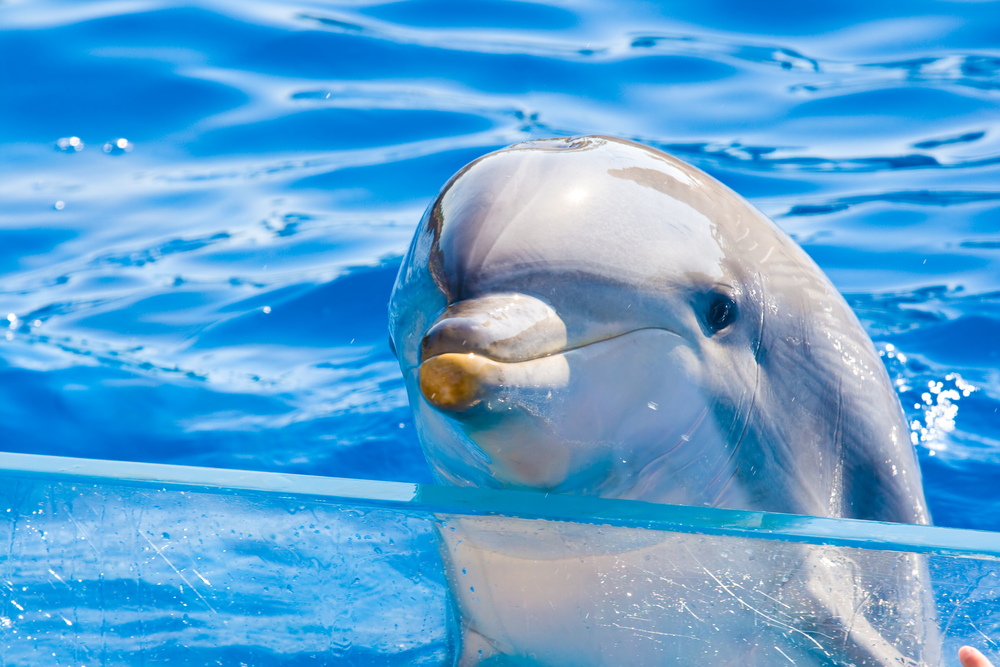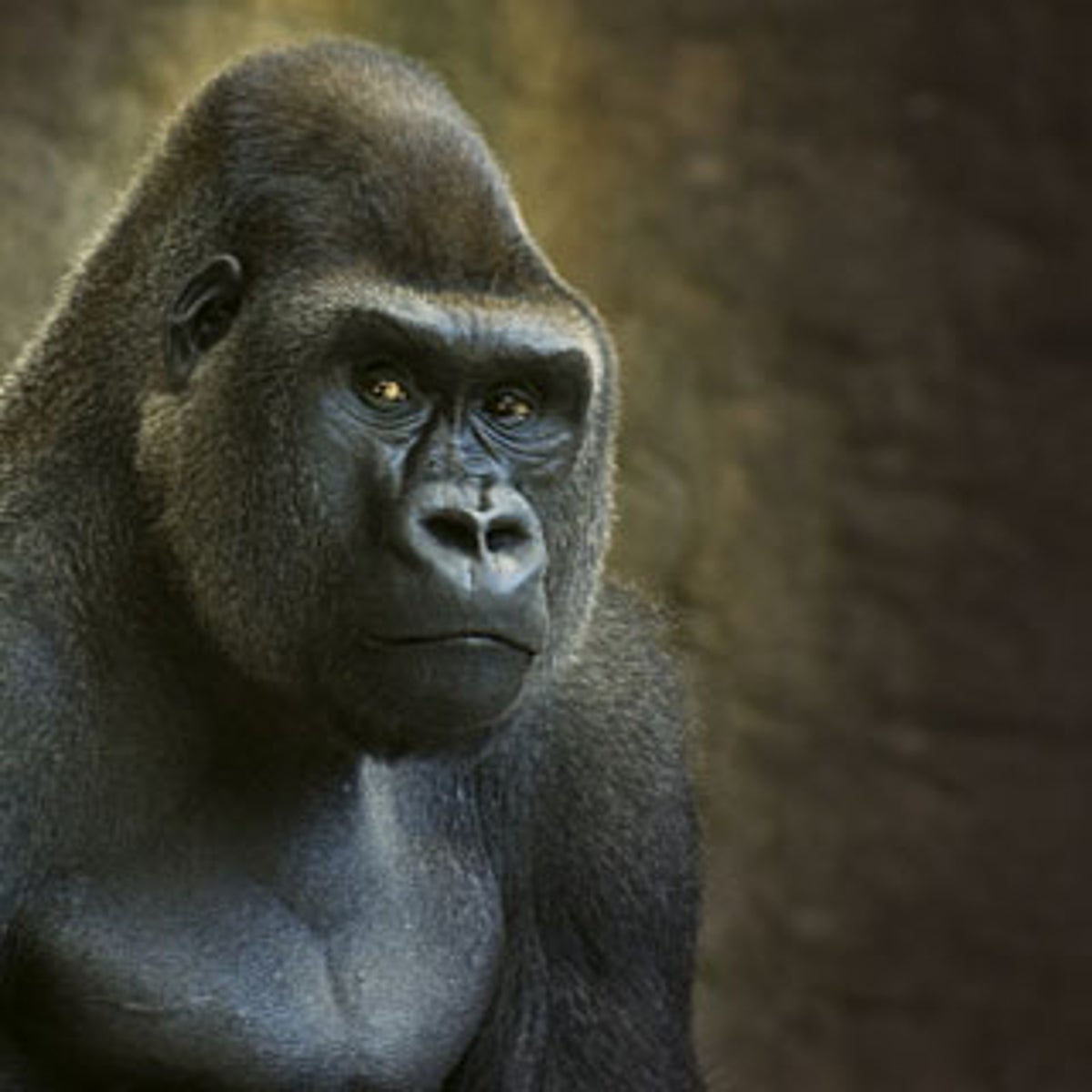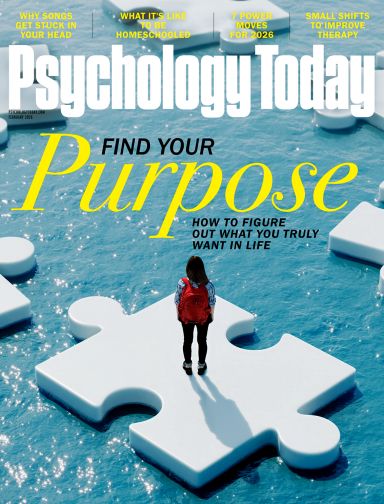Agreed on hope, but part of that is genetic; the survival instinct as seen in other animals. It's only humans who seem to have the ability to think past our own instincts. Do dogs and chimps commit suicide? The data doesn't support it even if, as the link below points out, there is anecdotal evidence of it happening.I think hope is a powerful aspiration for most humans.
A strictly physical, reductionist, and materialistic existence with no higher purpose or ultimate meaning isn't that appealing to a considerable number of people.
The human mind is capable of rising above our genetics and reaching a conclusion that is contrary to our genetic propensity for survival. Notice that those on the less-thinking side of humanity mostly react by instinct and experience, not reason. JPP has several people acting on emotion, not reason. They have "hope", but what they are hoping for is not always rational.

Do Animals Commit Suicide?
Many species of non-human animals end their lives through self-destructive or accidental behaviors. But whether it’s an act of suicide is a controversial question.
Those who argue for the possibility of animal suicide — most are quick to note that they are not certain it happens — call this “anthropo-denial.” That is, they think prima facie dismissal of the possibility that animals might think and act in ways perceived as uniquely human is too hasty. They maintain instead that these capabilities ought to be viewed on a spectrum. While animal grief — or depression or joy or anger — might not manifest in the same ways it does in humans doesn’t mean it isn’t real. So it is with suicide, they insist.



